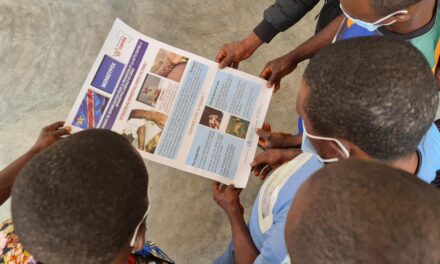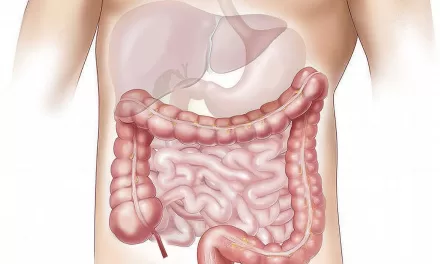New research highlights potential harm from solid-fuel cooking and heating in northern India as air pollution rises
As North India grapples with escalating air pollution levels, a new study has shed light on an additional risk factor for expectant mothers: household air pollution caused by using solid fuels like coal, crop residues, and wood. Researchers from Zunyi Medical University in China found that exposure to these pollutants significantly increases the likelihood of developing gestational diabetes mellitus (GDM), a complication that poses risks for both mother and child.
Gestational diabetes is a common but serious condition, and it can lead to complications such as preeclampsia, premature birth, and the need for cesarean delivery. Women with GDM face heightened long-term risks of developing type 2 diabetes, while their children may have an increased susceptibility to childhood obesity and diabetes later in life.
The study, recently published in the journal Scientific Reports, analyzed data from 4,338 pregnant women, with a mean age of 27 years, including 302 who had been diagnosed with GDM. Results showed that women who used solid fuels for heating were at a much higher risk of developing GDM compared to those using cleaner energy sources. The researchers also observed that pregnant women with GDM generally had a higher prenatal BMI and exhibited lower levels of physical activity and sleep duration than their healthier counterparts.
“Our study showed that household solid-fuel usage increases the susceptibility to GDM. This presents a new perspective on the adverse effects of household air pollution on pregnant women,” the research team commented.
Notably, the study also pointed to the positive effects of a healthy lifestyle in reducing GDM risk among women exposed to household air pollution. Pregnant women who followed a diet rich in vegetables and fruits, maintained adequate vitamin D levels, and achieved optimal sleep and physical activity had significantly lower rates of GDM. The findings suggest that, although air pollution presents a significant risk, lifestyle factors may help mitigate its impact on maternal and fetal health.
“This suggests that adherence to a healthy lifestyle may reduce the risk of GDM in pregnant women exposed to household air pollution,” the researchers concluded.
The release of these findings coincides with severe air quality deterioration across northern India, especially in the National Capital Region (NCR). As of Saturday, Delhi’s air quality hovered in the “very poor” category, according to the Central Pollution Control Board (CPCB), with thick smog enveloping the capital. Local health authorities have advised residents to minimize outdoor activities and have issued warnings about the potential respiratory and cardiovascular risks posed by the current pollution levels.
With winter setting in and the demand for heating rising, the study underscores the importance of transitioning to cleaner cooking and heating fuels, particularly for pregnant women and other vulnerable populations.











